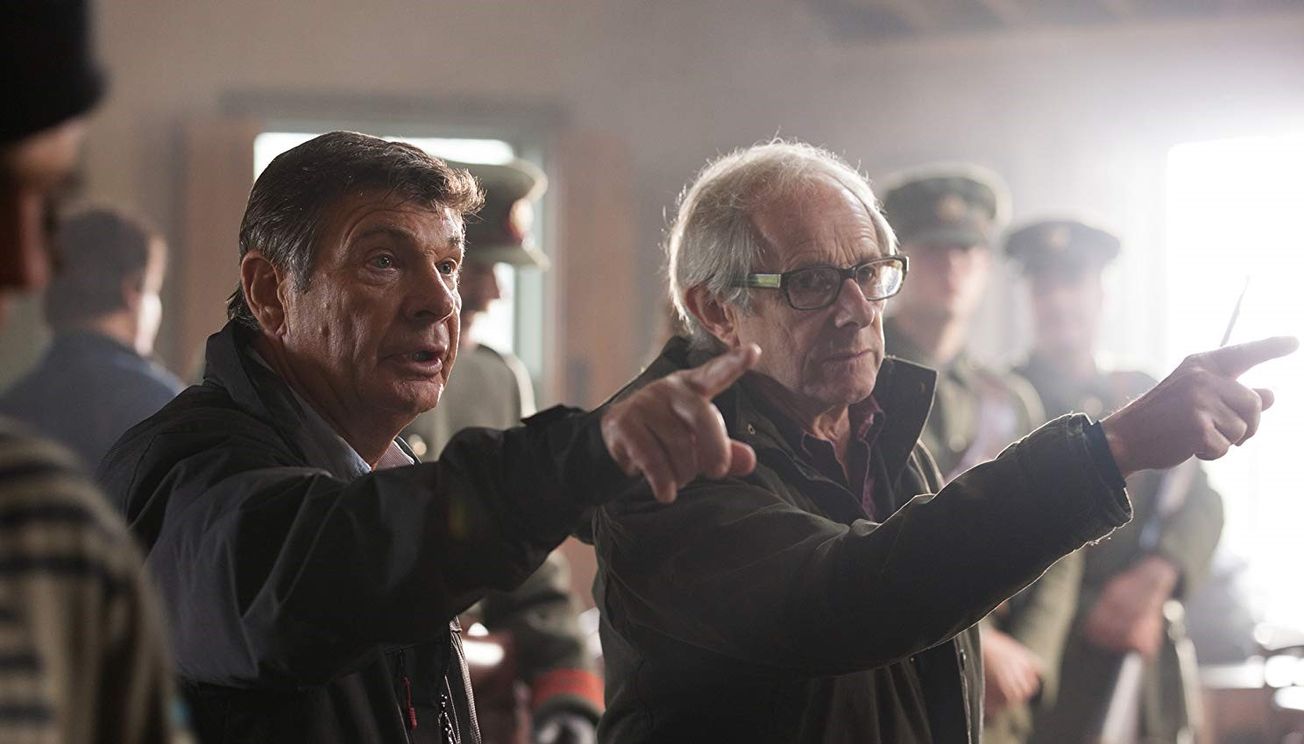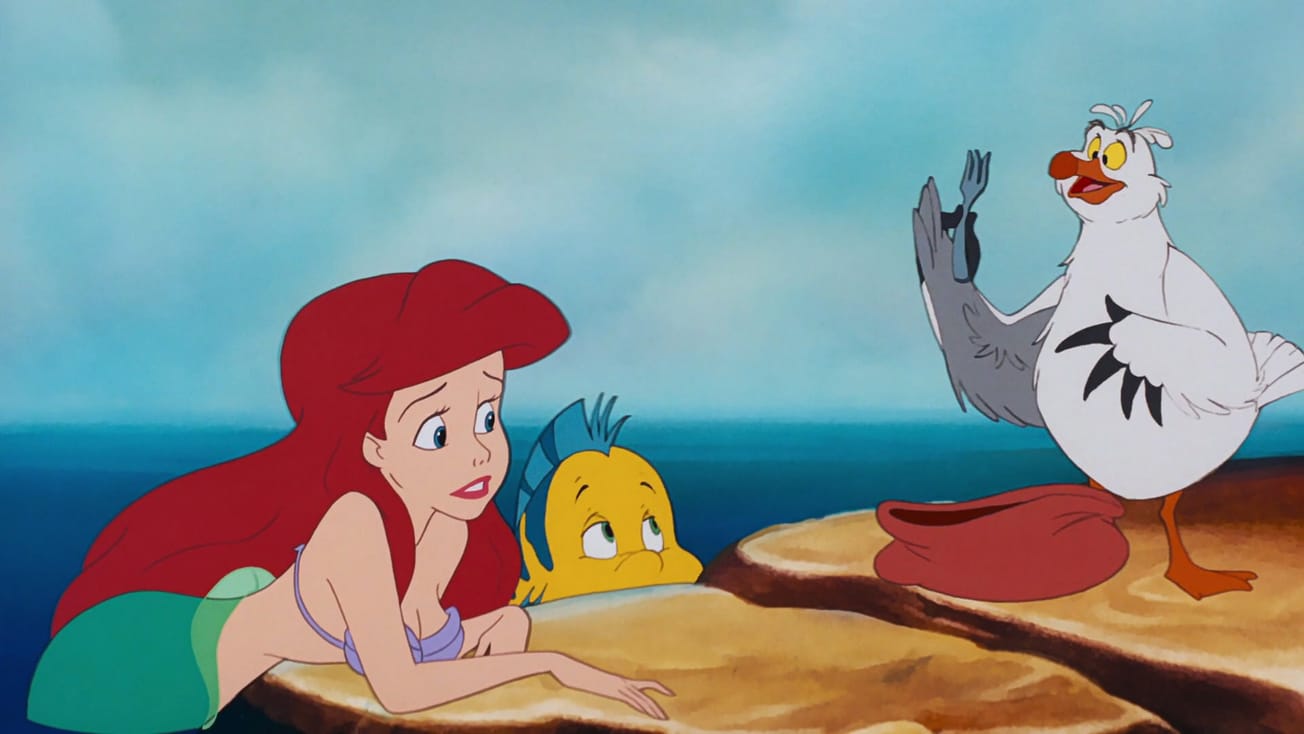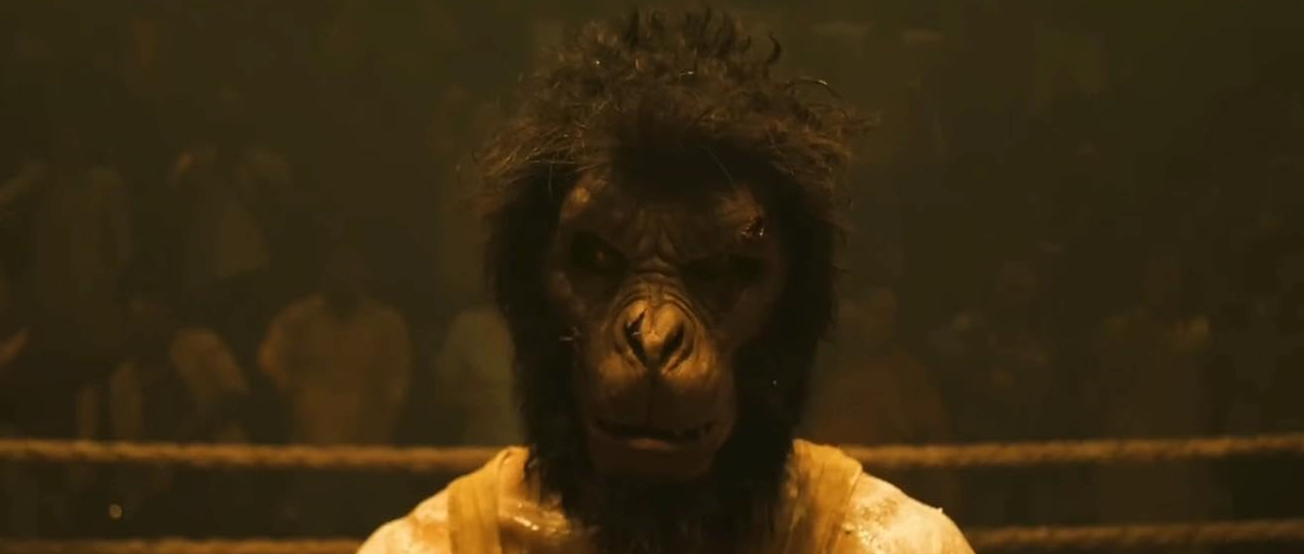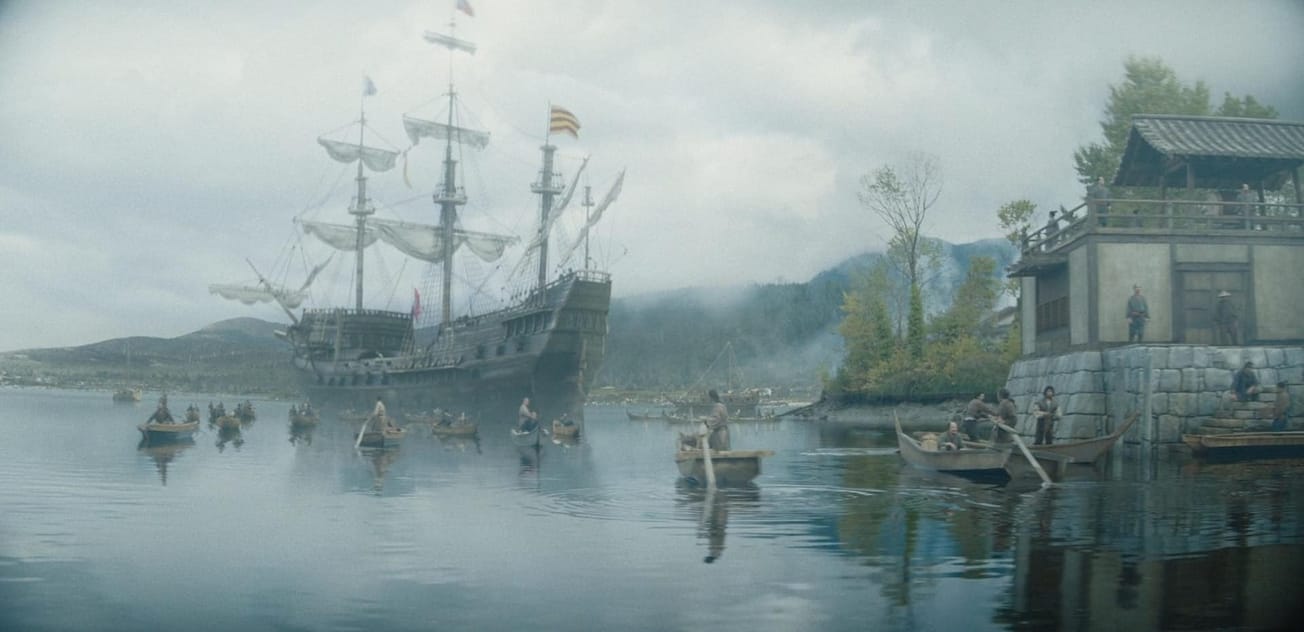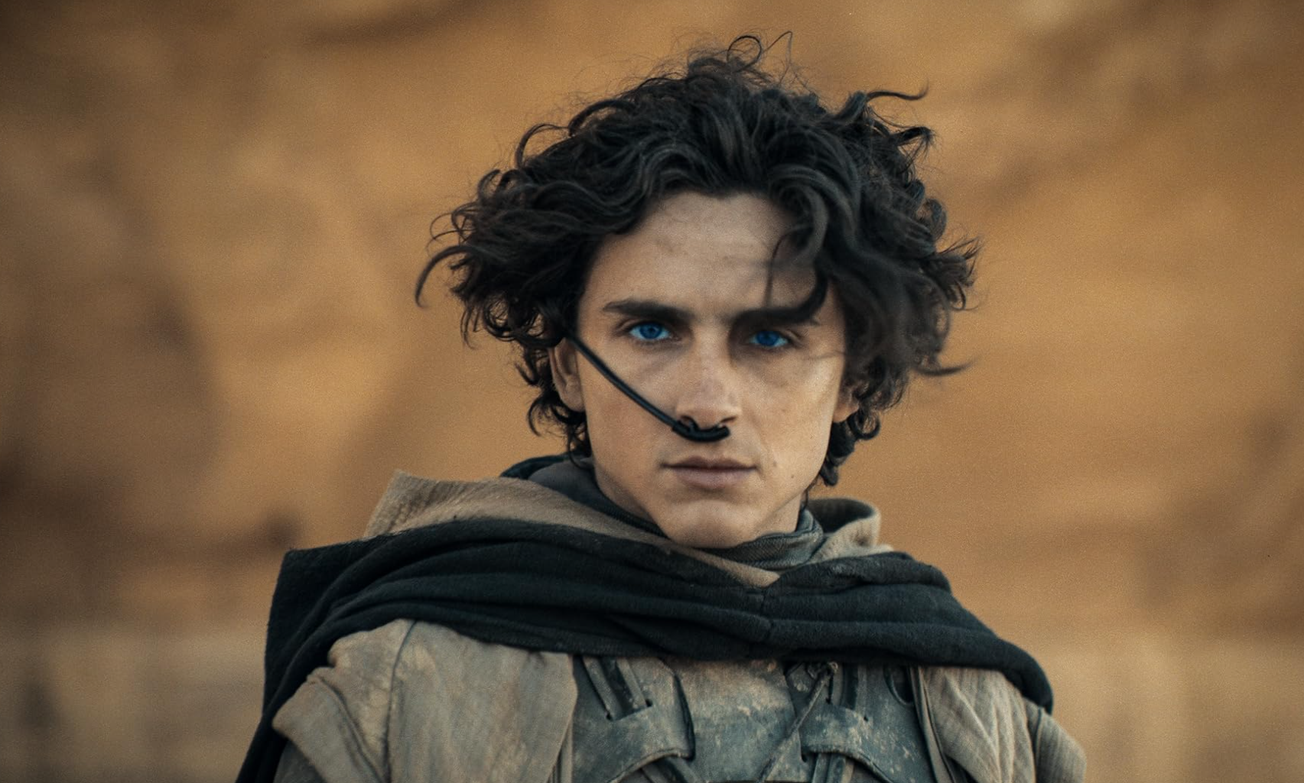By Caitlin Price, Chief Proofreader
For Ken Loach, story and politics are inseparable. In his own words, ‘[if] you make films about people’s lives, I think politics is essential. It is the essence of drama, the essence of conflict’.
Those who work with Loach describe him as quiet, reserved and reflective. However, there clearly resides within Loach a deep outrage at social injustices; an outrage that permeates his work.
At the core of many of his productions is the truth about Britain and they are no less real for being unseen by the vast majority of Britons. In a recent BBC interview about Loach’s new release Sorry We Missed You (2019) the interviewer, Stephen Sackur, accuses Loach of being a polemicist whose film work presents a bleak, depressing world.

Loach responds with ‘[i]t’s your world. It’s the world you live in. It’s the world that passes you by every time you come into the BBC.’ Loach may be a quiet man, but he certainly knows when to speak up and what to say.
Loach’s work often provides a voice for the voiceless. The influential televised Wednesday Plays (1964-1970) revolutionised the on-screen presentation of the working class. Working class actors were hired for the roles and issues were brought to the fore that otherwise weren’t being discussed, never mind given air time.
The most harrowing film scene that I have ever encountered occurs in I, Daniel Blake
Up the Junction (1965) featured a backstreet abortion scene and Cathy Come Home (1966) followed the story of a young couple who became homeless and eventually had their children taken away by the local authority. In 1967 abortion was legalised in the UK and, although Loach’s role in this result can’t be quantified, he brought the issue into the front rooms of Britain.
This technique came under fire; one contemporary Sunday Telegraph article was entitled ‘Stop mixing TV fact and fiction’. The unorthodox approach to producing television dramas may have been controversial for some, but it undoubtedly brought an effective realist edge to a dramatic work grounded in the truth. Cathy may have been a fabrication but her story was not.
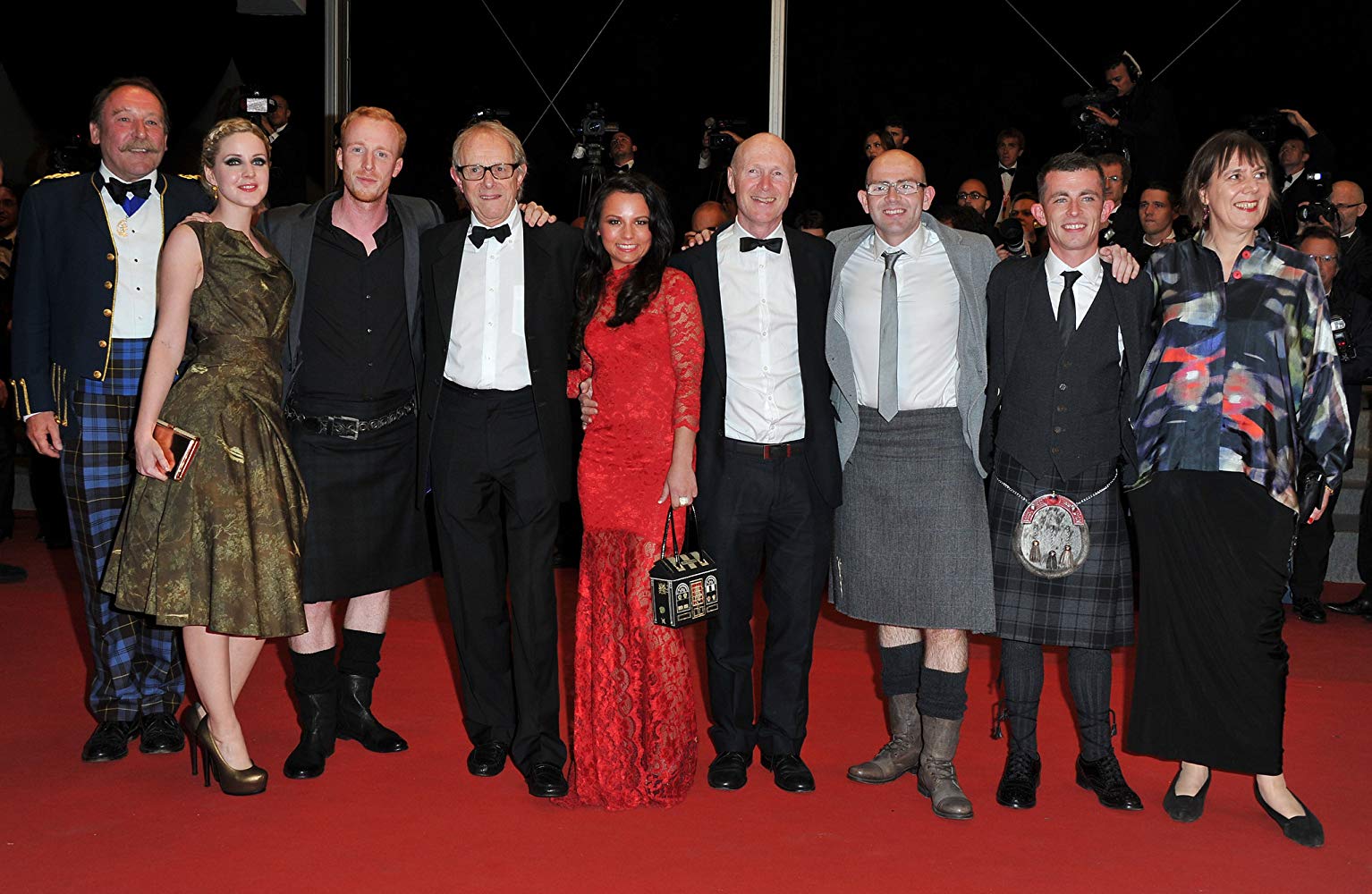
Loach saw his Wednesday Plays as ‘continuations of the news’ and he used a ‘drama documentary’ style to indicate that they were grounded in reality. In the devastating scene where Cathy’s (Carol White) children are taken from her in a train station, the people in the background are commuters, not extras, meaning the shock on their faces is genuine.
At the core of many of [Loach's] productions is the truth about Britain and it is a truth that is no less real for being unseen by the vast majority of Britons
Loach followed up the success of his Wednesday Plays with the critically acclaimed feature film Kes (1969), based on Barry Hine’s 1968 book A Kestrel for a Knave. The film follows the working-class boy Billy Caspar (David Bradley) who is written off by those around him, including his own mother, as a ‘hopeless case’.
However, Billy finds his first friend in Kes - a hawk that he raises and trains – and grows in confidence. Bradley gives an affecting performance of the scene in which Billy stands up in-front of his English class and shares his passion for falconry with them. Loach is the master of placing the underrepresented on screen and giving them a voice.
KL* People are hanging by a thread, And the idea we wanted to leave people with is that this is not an accident. This is not capitalism failing. This is capitalism working. This is capitalism’s success.
— Ken Loach & Sixteen Films (@KenLoachSixteen) October 28, 2019
Throughout the 1970s and 1980s Loach struggled to get his film work on the screen and he turned to producing documentaries. In order to earn money, he produced advertisements, including one for McDonald's, but has since revealed that he regrets his foray into the commercial world of advertising.
Loach’s play Perdition was cancelled 36 hours before its premiere in 1987 after allegations of antisemitism. The play suggested that Hungarian Zionists had collaborated with the Holocaust in return for a number of Jews being allowed to emigrate to Palestine.
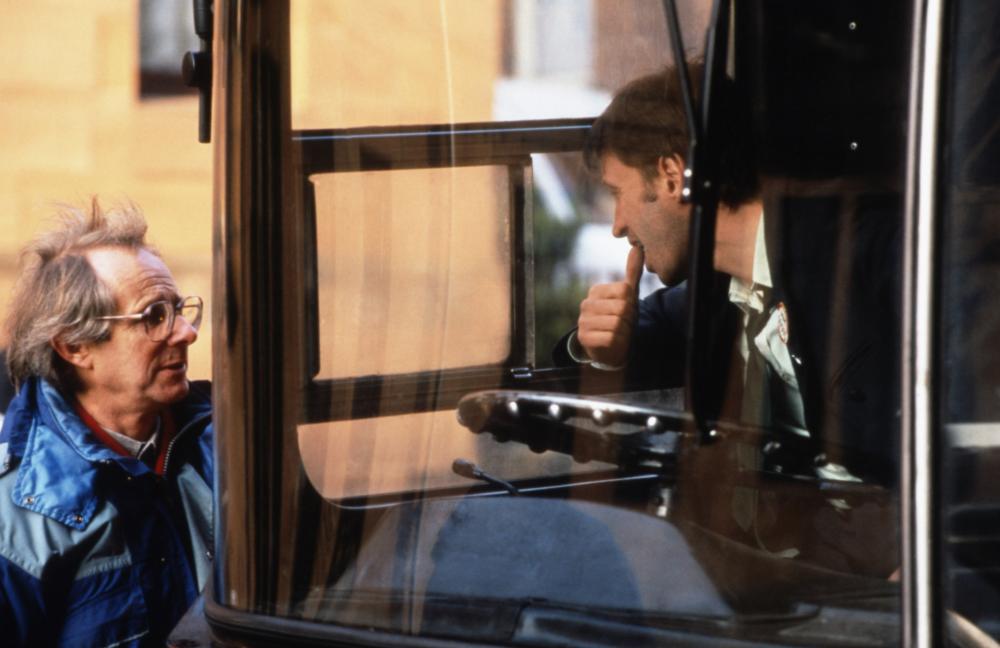
Loach’s career was revived in the 1990s when his films began to find an audience once more. One of his first works set in Ireland, Hidden Agenda (1990), re-established him on the filmmaking map and between 1990-2014 he produced 19 films. I think it would be fair to say that Loach is a workaholic, but, as Loach himself said in a 2014 BBC interview ‘[i]t’s a tough job to give up and there are so many stories to tell’.
In 2006 the Daily Mail described The Wind that Shakes the Barley (2006), which looks at the Irish struggle for independence and won the Palme D’Or, as a ‘pro-IRA film’ in an article entitled ‘Why does Ken Loach loathe his country so much?’.
Under Boris Johnson & a Tory Government
— Jerry Hicks (@JerryHicksUnite) November 18, 2019
"The rich get richer, the poor get poorer"
Ken Loach explains why we need change in Britain #VoteLabour2019 #GE19pic.twitter.com/9Lod8MqxcZ #RealChange
Loach’s films are uncompromising in revealing systems of oppression both within nations and across nations. He holds a mirror up to the world around him and sometimes the results can be hard to look at. In 2014 it was rumoured that Ken Loach would be retiring.
‘It’s a tough job to give up and there are so many stories to tell’
The following year the Conservative Party was re-elected… and Loach returned to work. The two films that followed – I, Daniel Blake (2016) and Sorry We Missed You (2019) - have been two of his best and most timely pieces.
At 83, Loach is still producing important pieces of astounding quality. Both films are claustrophobic stories of mounting hardships but they also contain love, family and simple human connection. I, Daniel Blake examines the Kafkaesque Universal Credit system and Sorry We Missed You examines the exploitative gig economy.
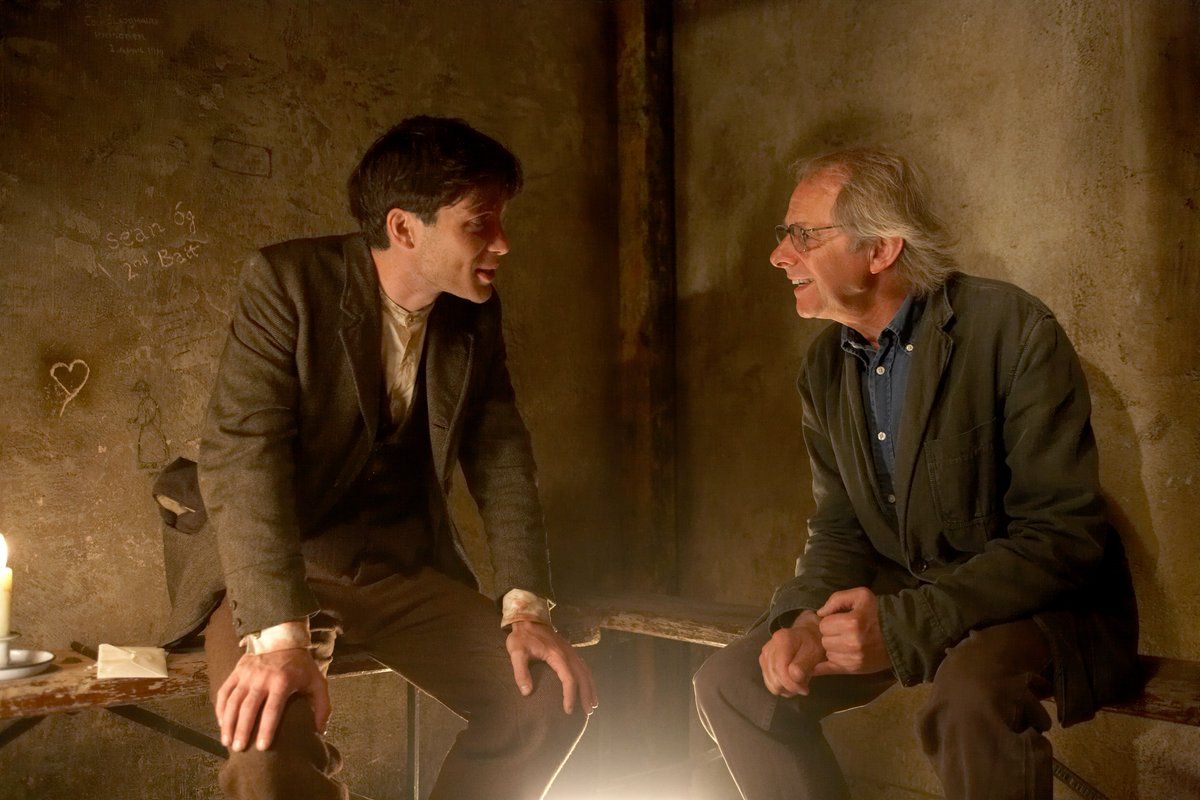
The most harrowing film scene that I have ever encountered occurs in I, Daniel Blake, when the young mother Katie (Hayley Squires) is so hungry that she turns her back to eat straight from a can in a foodbank.
Politics is not abstract; it influences our lives and the lives of those around us and, therefore, its effects are always visible – we just have to choose to look at them. Loach recognises this and applies it to his films which strive to reveal truths that are too important to go unnoticed.
Featured: IMDb / Sixteen Films
Do you agree with Loach that 'politics is essential'?

